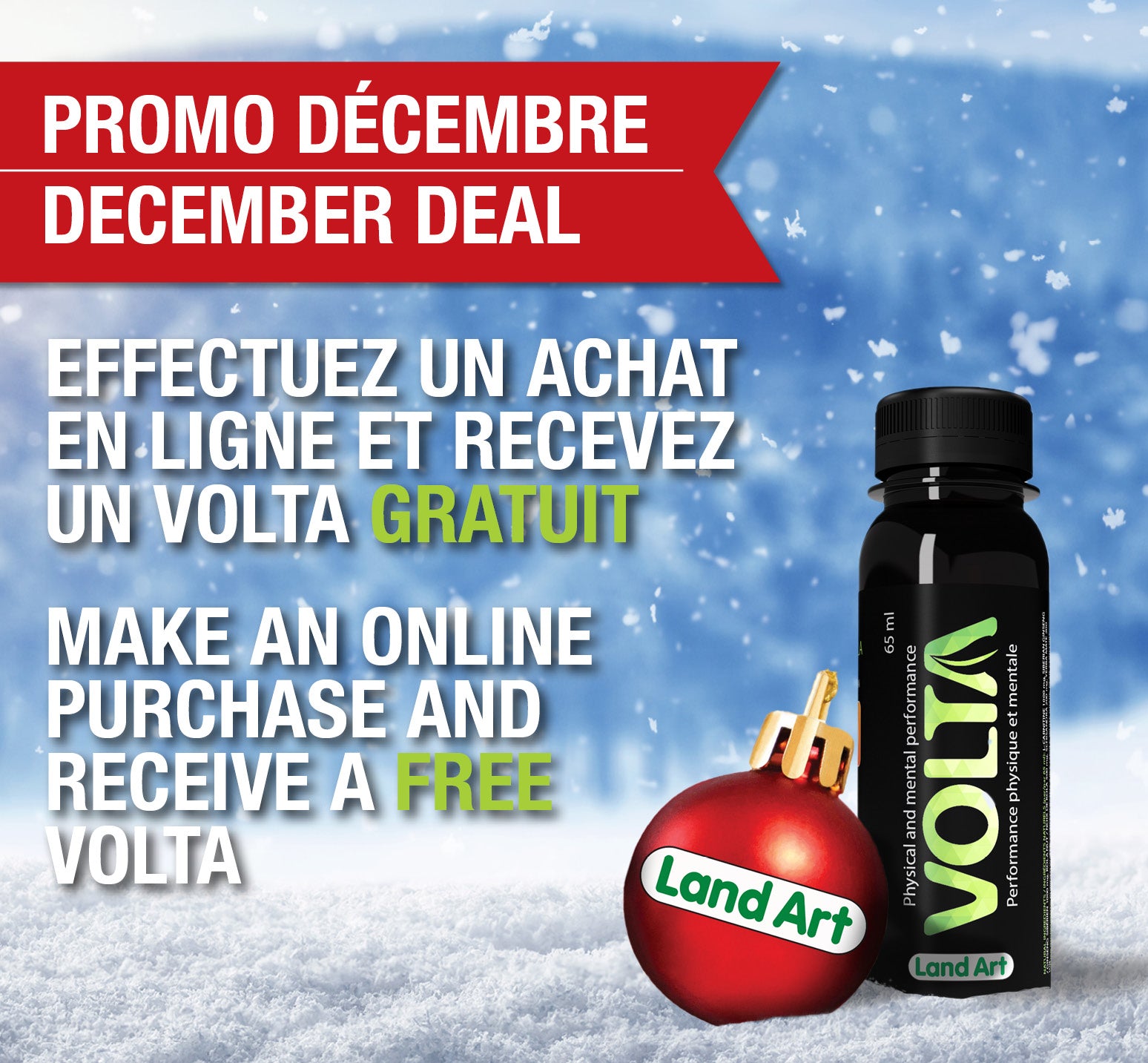By Ariane Bilodeau, Copywriter/editor, and health & food blogger
Last month, I did my best to debunk the "vegan is expensive" myth. Today, I’m tackling another very common misconception, which is that a plant-based diet leads to nutritional deficiencies. We’ve all been there: our doctor tells us right away to start taking multivitamins, our colleagues claim that “we must be iron-deficient”. #sigh
But apart from vitamin B12 (click here) to read my article on this essential nutrient), it is quite easy to benefit from a nutrient-rich diet when you’re vegan.
Protein
This is something we hear about all the time. It’s important to keep in mind that while plant proteins are usually less protein-dense than animal proteins, they are in no way low-quality proteins. In fact, plant proteins often come with less harmful fats than animal proteins. The golden rule is to maintain a balanced, healthy diet that includes a variety of plant proteins to make sure you get all the amino acids you need.
Good sources of plant protein: Nuts, seeds, legumes, grains (especially soy and quinoa, but also oat and wheat)
It is said that iron deficiency is the most common nutrient deficiency in North America&mdashregardless of the diet. While many people think that vegans are iron deficient, there are plenty of good plant sources of iron.
Good sources of iron: Legumes, seeds, grains (oat, soy, wheat), seaweed, certain fruits and veggies (green kale, spinach, figs, apricots, prunes), tofu
The calcium + vitamin D duo is essential to build and maintain stronger bones. While some plant foods contain high levels of calcium, calcium absorption rates vary from one food to another. To maintain adequate levels of calcium, it’s important to eat foods that have a good calcium content and a good absorption rate.
Sources of easy-to-absorb calcium: Boiled cabbage (especially Collard and kale), boiled broccoli, tofu, cooked squash, raw carrots, cooked sweet potatoes, fortified plant milks, seaweeds
Because vitamin D is just as important as calcium to maintain proper bone health, but harder to find through dietary sources: go sit in the sun, drink plenty of fortified plant-based milk, and don’t hesitate to take supplements, if needed.
Click here to see Land Art’s vegan natural liquid supplements and vitamins.
The information contained in this blog post is not medical advice and should not be construed as such. In any case, I recommend that you have regular follow-ups with your health care professional.






